
Insulin, a hormone produced by the beta cells in the pancreas, plays a major role in intermediary metabolism. Beta cells are found in the islets of Langerhans, which are clusters of cells within the pancreas. This metabolism is the large, integrated network of biochemical reactions from which cells receive metabolic energy and, thus, our body is able to function efficiently. Insulin is of tremendous significance in the metabolism of macronutrients like carbohydrates, lipids, proteins, and micronutrients like minerals. In fact, insulin is known as the master metabolic hormone.
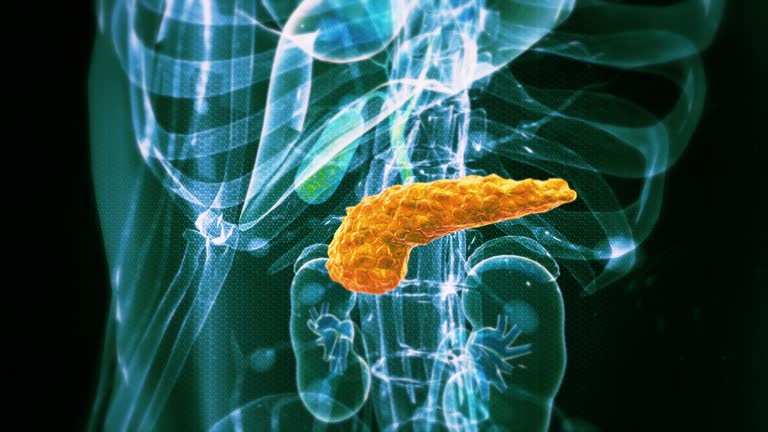
An imbalance in insulin levels can lead to insulin resistance, and most people think it can cause only diabetes. However, since insulin has a role to play in many other processes, it can affect other parts of our body as well. Let’s take a look at other ways in which insulin is involved in our body's functioning.
It helps in Creating and Distributing Energy
One of the main functions of insulin is to transport glucose into the cells. You can say insulin is like the bus on which glucose moves around to get to different parts of the country, which is our body. The liver, skeletal muscles, and adipose tissues are the main bus stops. It also includes the cardiovascular and nervous systems. When the cells open up with the help of insulin and receive glucose, it gets turned into energy.
Without insulin, the cells cannot get energy and will begin to starve. If they start taking energy from other sources, it can become dangerous for our health.
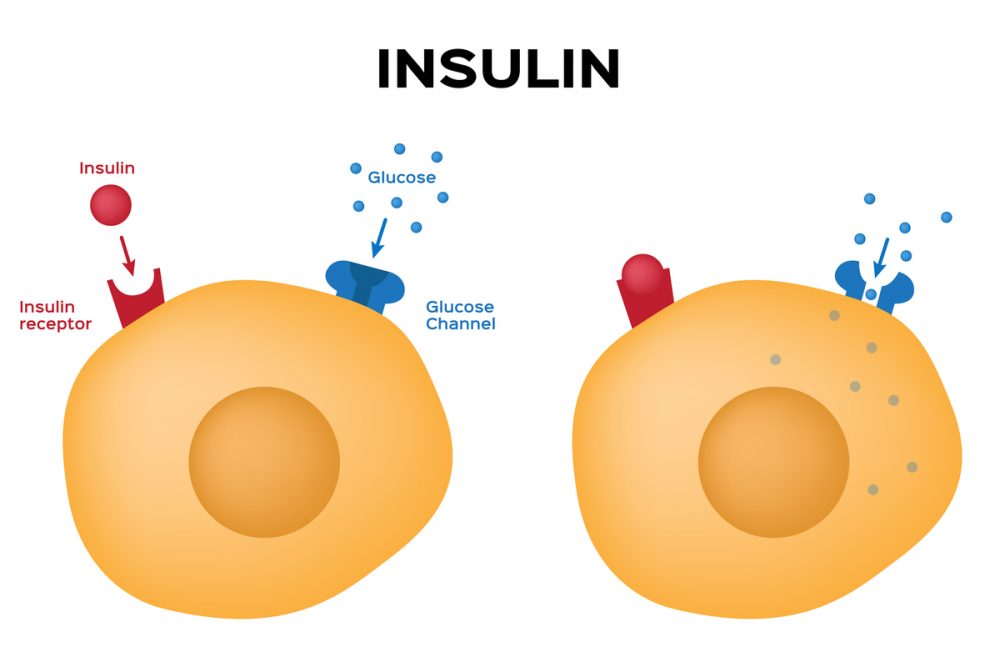
It helps the Liver in Storing Glucose
Insulin helps our liver absorb the excess glucose in the bloodstream and store it for later use. The stored form of glucose is called glycogen and helps maintain blood sugar levels in between meals.
However, when we are fasting, glycogen is used for energy, but after 24 hours, even these reserves start depleting. So, if we don’t break our fast and consume food after 24 hours, the body might use energy stores from adipose tissue and protein stores.
It helps the Muscle and Fat Cells Storing Glucose
When there is no more space in the liver to store glucose, it is the turn of the skeletal muscles (the muscles attached to your bones and tendons) to take up the extra glucose. Since muscle mass is greater than liver mass, about ¾ of the glycogen, or stored glucose, can be found in the skeletal muscles. This stored glucose in muscles is used up during exercise.
After the skeletal muscles, glycogen moves to the fat cells as triglycerides.
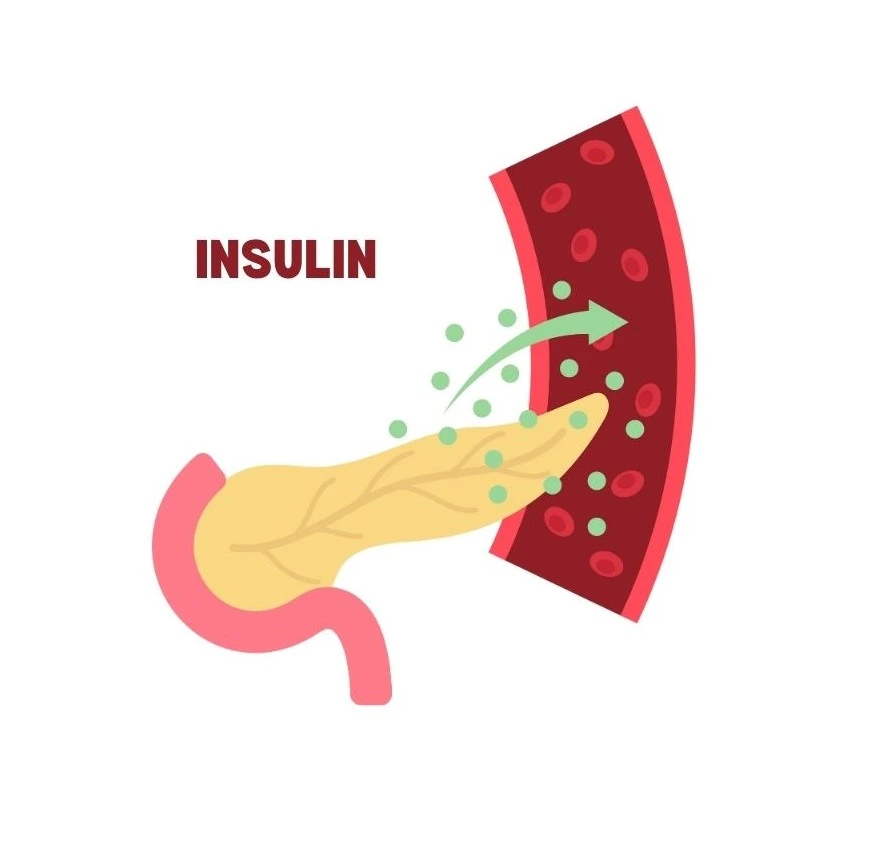
It Stimulates Cell Growth and Division
Insulin also plays a crucial role in stimulating cell growth and cell division. It promotes the growth and proliferation of many different types of cells across the body, especially muscle cells, liver cells, and adipose cells. Insulin is also sometimes referred to as a “growth factor.” Insulin and blood sugar levels are also known to affect thyroid levels.
It Regulates Electrolyte Balance
Insulin also maintains the balance of electrolytes in the body. It helps cells take in electrolytes like potassium from food. Potassium helps maintain the balance of fluids inside the cells, while its brother electrolyte sodium helps maintain the balance of fluids outside the cells. Insulin helps in the removal or excretion of sodium from our bodies via urine. Both are interrelated and essential for our good health; an imbalance in either can lead to a whole host of chronic diseases, especially cardiovascular diseases. High sodium consumption can increase blood pressure, while low potassium consumption can decrease blood pressure. We need more potassium than sodium in our everyday diet. Insulin is integral to the movement of potassium and to the metabolism of sodium. It also helps with the intake of magnesium and phosphates.
It helps the Nervous System Remain in Good Shape
Insulin helps keep the brain or nervous system healthy. It helps transport glucose to the brain as well, which is the primary source of energy for the brain. Our brains constantly need energy because we use it so much; thus, healthy insulin levels mean a healthy brain and nervous system, and thus good mental and emotional health. Insulin controls food intake and regulates cognitive functions, especially memory. It helps strengthen our learning capabilities.
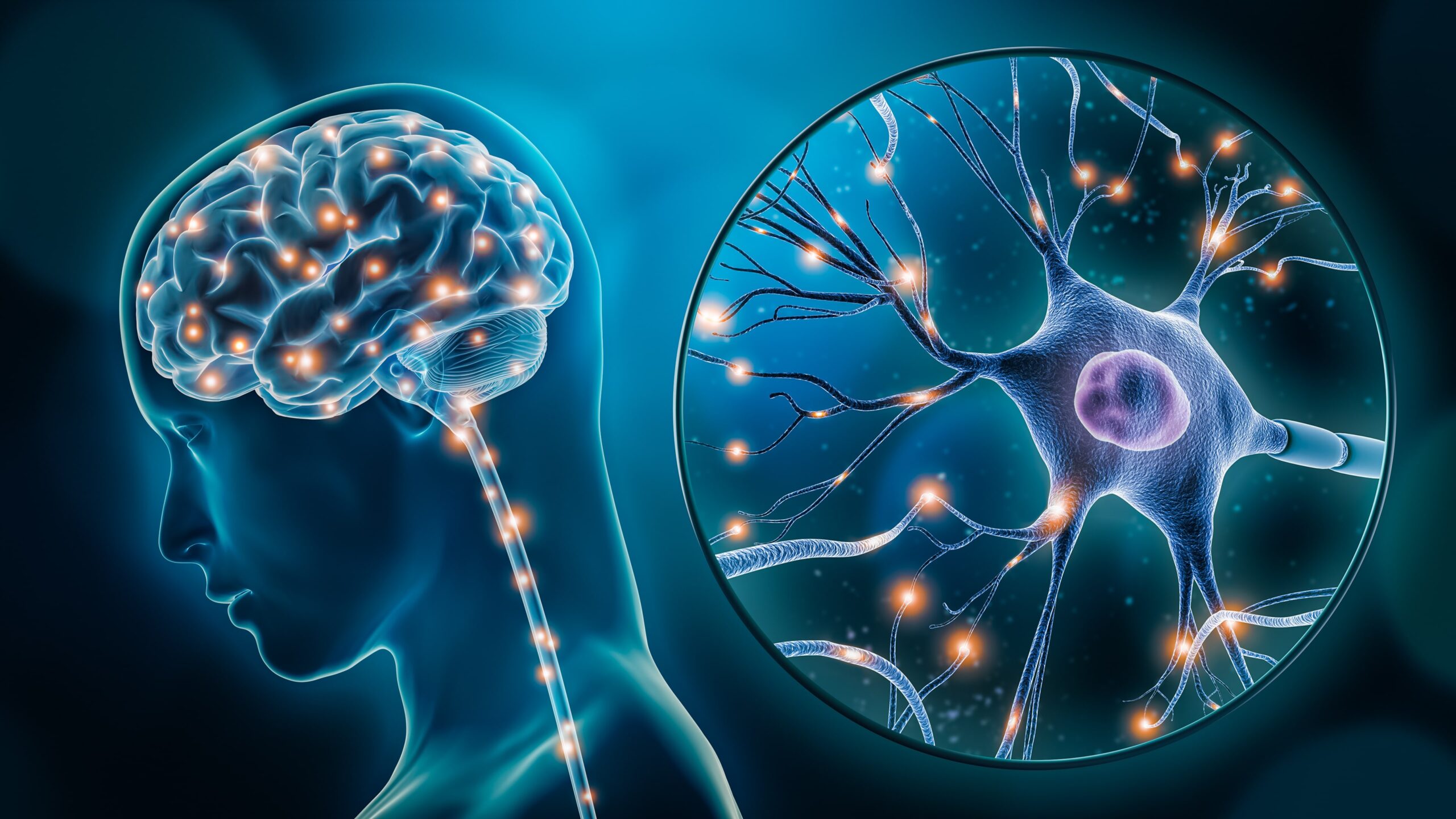
It Promotes Protein Synthesis
Insulin plays a crucial role in promoting protein synthesis. It stimulates the uptake of amino acids into cells and enhances the activity of enzymes involved in protein synthesis. Amino acids are molecules, and they combine together to form proteins. Together, these two are known as the building blocks of life. Amino acids help build muscle mass, especially after sickness or injury; they repair damage to the muscle cells as well as increase their size and strength. This is why insulin is often used by bodybuilders and athletes to promote muscle growth and recovery.
It Inhibits Protein Breakdown
Insulin also inhibits (slows down or stops) protein breakdown. It does this by blocking the activity of enzymes that break down proteins. This helps to preserve muscle mass during times of fasting or low carbohydrate intake.
It Regulates Lipid Metabolism
Insulin also plays a role in regulating lipid metabolism. It signals adipose cells to take up glucose and convert it into triglycerides, which are stored in fat cells. Insulin also inhibits the breakdown of fat, preventing the release of fatty acids into the bloodstream. Too many fatty acids in the bloodstream can increase blood pressure and heighten the risk of cardiovascular disease and diabetes.
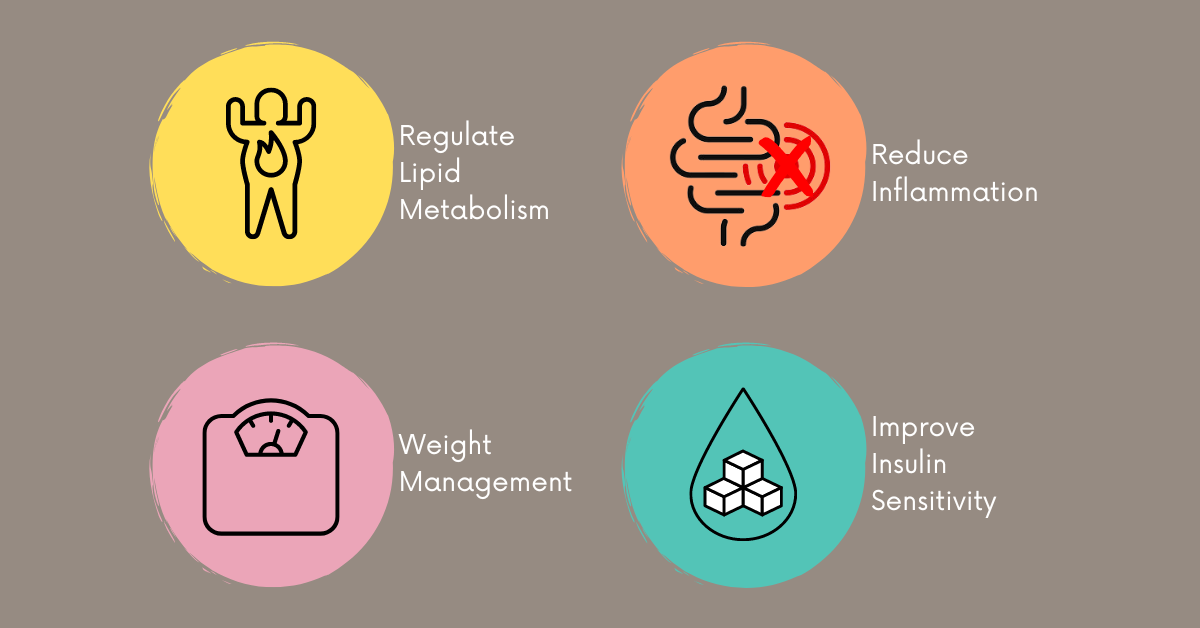
It helps in Modulating Inflammation
Insulin has been shown to have anti-inflammatory effects. It can suppress the activity of inflammatory cells and reduce the production of inflammatory cytokines. This is why insulin has been used in the treatment of diseases such as osteoarthritis.
It helps in Regulating Blood Pressure
Insulin also plays a role in regulating blood pressure. Insulin blocks or hampers the production of nitric oxide in the body. Nitric oxide gas is regularly produced by the endothelial cells that line the blood vessels. Nitric oxide is important because it helps in expanding the size of the blood vessels, lowering blood pressure, and ultimately easing blood flow. So high insulin levels are harmful to our blood pressure.
It Inhibits Ketogenesis and Gluconeogenesis
Correct levels of insulin also inhibit or slow down the negative processes of ketogenesis and gluconeogenesis in the liver. High levels of insulin can also impair the transport of glucose into cells. This then forces the cells to rely on the stored fat as their only source of energy. This continuous reliance on fat cells produces ketones (acids) that cause ketoacidosis, a diabetes complication that can be fatal. Gluconeogenesis is the process of turning non-carbohydrate foods into glucose. Excess gluconeogenesis can be fatal too, and correct levels of insulin are important as they stop excess gluconeogenesis. High insulin levels can also damage blood vessels and lead to diabetic neuropathy.
It Improves Mitochondrial Health
As we know, insulin helps transport glucose to cells. Mitochondria are sub-cellular structures that convert glucose into ATP (adenosine triphosphate) molecules, which are used as energy. Overall, insulin plays a vital role in regulating mitochondrial function and metabolism, which are essential for maintaining energy homeostasis and cellular function.
Insulin can increase the number of mitochondria in cells by promoting the expression of genes involved in mitochondrial biogenesis. It also helps enhance mitochondrial function and regulate mitochondrial dynamics, such as mitochondrial fusion and fission.
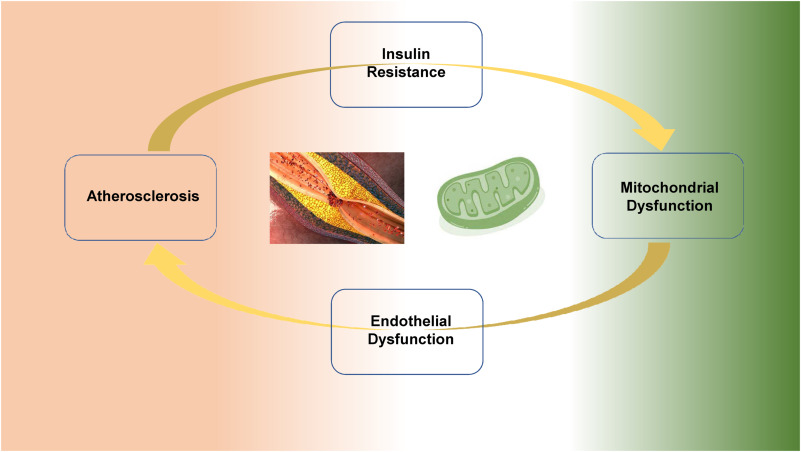
Conclusion
The insulin hormone plays multiple roles and is integral to our overall health. We must take care to maintain balanced insulin levels and prevent the onset of multiple diseases, ranging from diabetes to cardiovascular to neurodegenerative diseases. Insulin is perhaps our insurance against bad health. Our Winsulin Protocol program teaches you how to manage your insulin levels efficiently so that you can live your life to the fullest!


.png)


